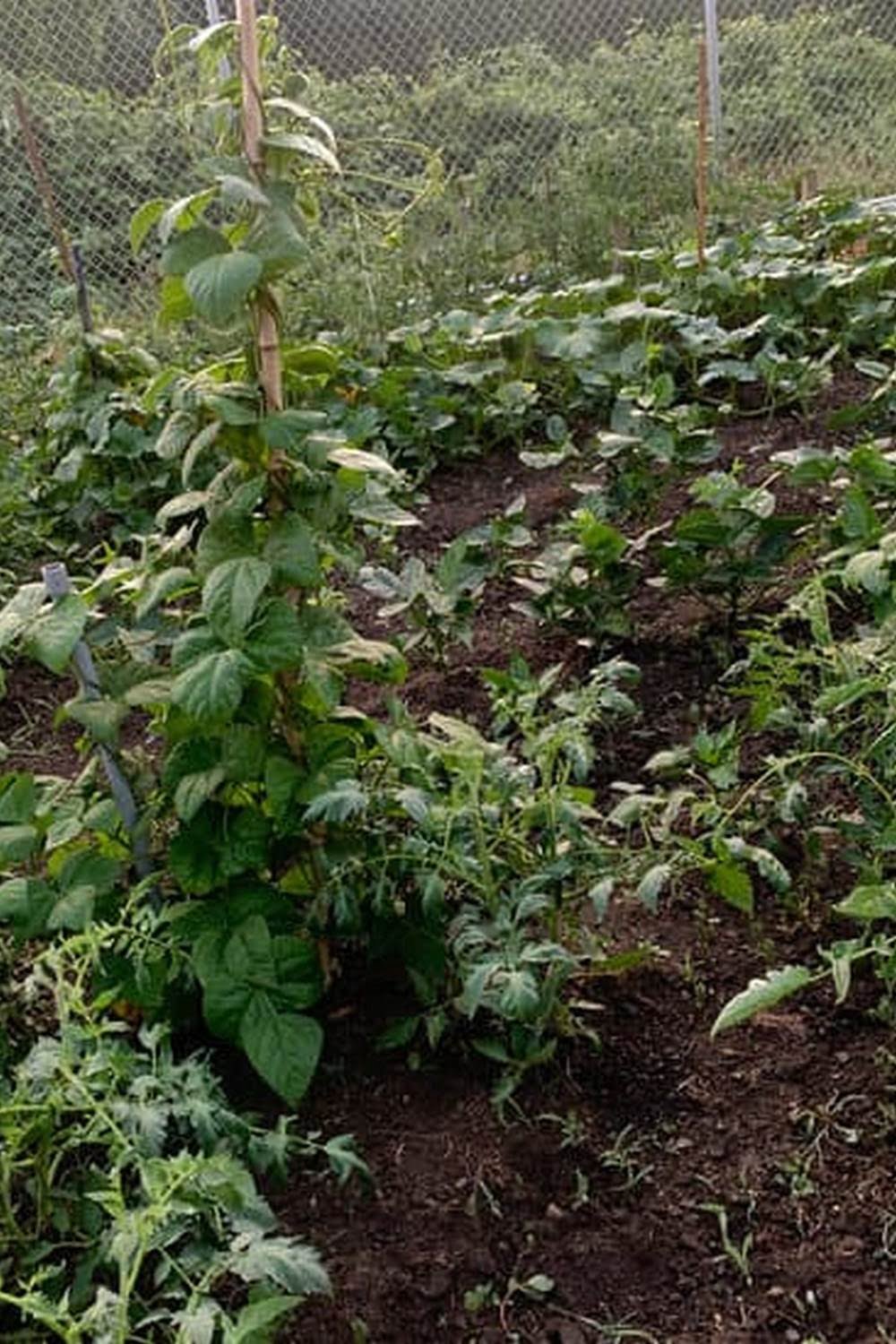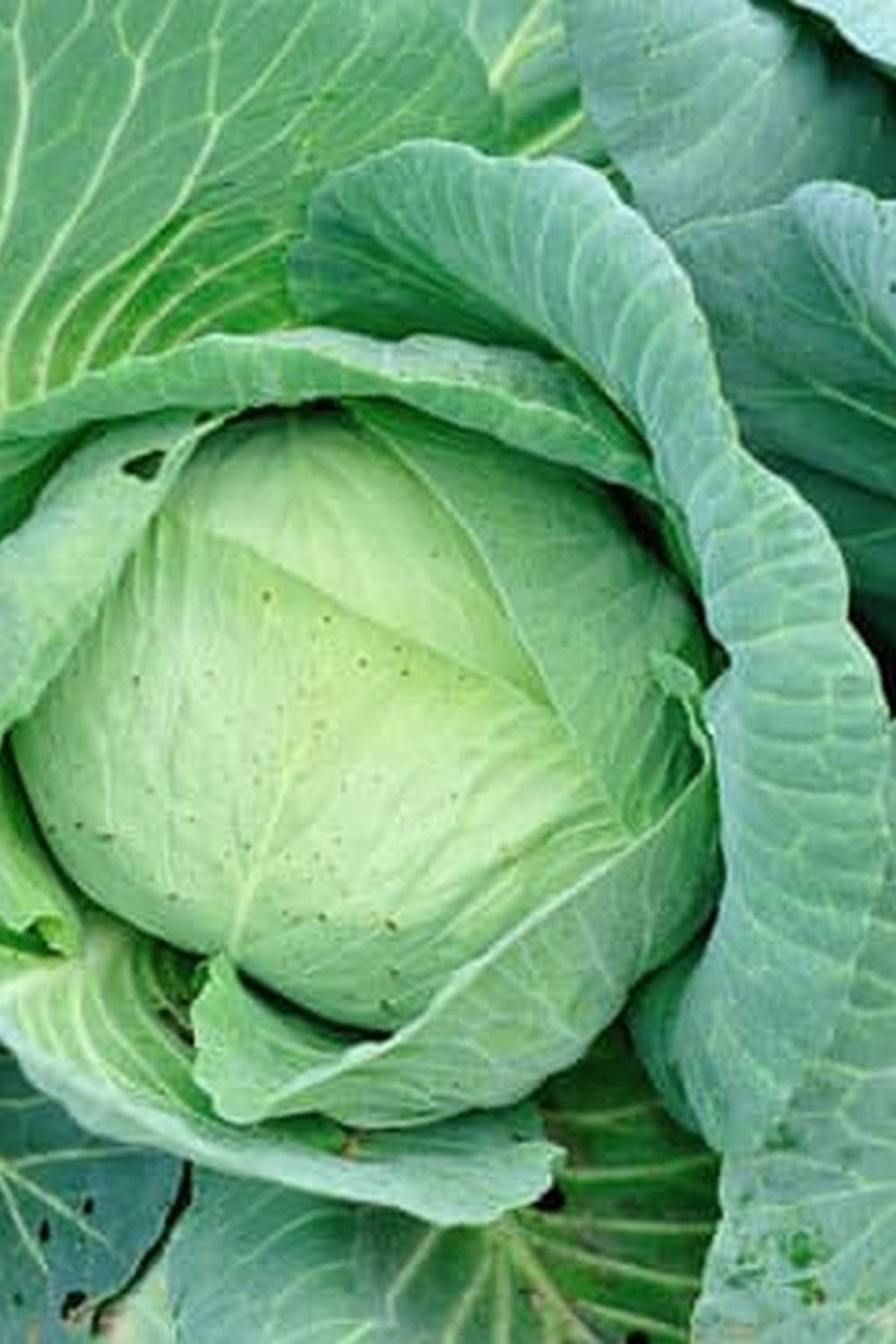Best Raised Vegetable Garden
Beds
There are many benefits to using raised vegetable garden beds. Perhaps the most obvious benefit is that they provide good drainage, which is essential for growing healthy plants. They also help to conserve soil moisture, and make it easy to work the soil.
Another benefit of raised garden beds is that they can be made from a variety of materials, including wood, stone, or concrete. This means that you can select the material that best suits your needs and preferences.
Furthermore, raised garden beds can be customized to fit any size or shape you desire. This allows you to create a garden that is perfect for your needs and lifestyle.
If you are thinking about installing a raised vegetable garden bed, there are a few things you should keep in mind. First, you will need to select a location that receives plenty of sunlight. Second, you will need to select a soil that is suitable for growing vegetables.
If you are not sure what type of soil you have, you can have it tested at a local garden center. Finally, you will need to decide what type of vegetables you want to grow.
If you are new to gardening, it may be a good idea to start with a few easy-to-grow vegetables, such as lettuce or tomatoes. Once you have a little experience under your belt, you can start experimenting with other types of vegetables.
If you are looking for a raised vegetable garden bed, there are a number of different options available. You can purchase a pre-made bed, or you can build your own.
If you choose to build your own bed, there are a number of different designs you can use. One popular design is the U-shaped bed, which is ideal for small gardens.
Another popular design is the raised bed with a bottom. This type of bed is ideal for larger gardens, as it allows you to grow more vegetables in a smaller space.
No matter what type of raised vegetable garden bed you choose, be sure to select a location that receives plenty of sunlight and use a soil that is suitable for growing vegetables.
Best General Vegetable Garden Fertilizer
There are a lot of different fertilizers on the market, and it can be tough to know which one is the best for your vegetable garden. The best general vegetable garden fertilizer is one that is high in nitrogen, phosphorus, and potassium (NPK). A fertilizer that is high in nitrogen will help your plants to grow big and strong, phosphorus will help them to produce fruit and vegetables, and potassium will help them to resist disease.
There are a lot of different nitrogen-phosphorus-potassium (NPK) ratios available, but a good general vegetable garden fertilizer will have a ratio of 10-10-10. This means that it is high in all three nutrients. If you are looking for a specific type of fertilizer, you can also find ones that are high in one nutrient or another. For example, a fertilizer that is high in nitrogen is good for green leafy vegetables, while a fertilizer that is high in potassium is good for root vegetables.
When choosing a fertilizer, be sure to read the label carefully. Some fertilizers are designed for specific types of plants, while others are for general use. It is also important to follow the instructions on the label. Fertilizers should be applied evenly and at the recommended rate, or they can do more harm than good.
If you are looking for a good general vegetable garden fertilizer, look for one that is high in nitrogen, phosphorus, and potassium (NPK). A fertilizer with a 10-10-10 ratio is perfect for your vegetable garden.
Best Weed Barrier For Vegetable Garden
There are a few different types of weed barriers that can be used in a vegetable garden. The best type of weed barrier for a vegetable garden is one that is made of a material that will not break down over time and will not allow weeds to grow through it. There are a few different materials that can be used to make a weed barrier, including landscape fabric, plastic, and metal.
Landscape fabric is a material that is made of woven plastic or cloth. It is the most common type of weed barrier and it is available at most garden stores. Landscape fabric is effective at preventing weeds from growing through it, but it can also allow water and air to pass through it. This makes it a good choice for vegetable gardens, since the vegetables need water and air to grow. Landscape fabric can be purchased in rolls or in sheets.
Plastic is a material that is made of synthetic materials. It is effective at preventing weeds from growing through it, but it is not porous and does not allow water and air to pass through it. This makes it a good choice for areas where water is not needed, such as driveways and sidewalks. Plastic can be purchased in rolls or in sheets.
Metal is a material that is made of metal alloys. It is effective at preventing weeds from growing through it, and it is also porous and allows water and air to pass through it. This makes it a good choice for vegetable gardens, since the vegetables need water and air to grow. Metal can be purchased in rolls or in sheets.
Best Manure For Vegetable Garden
There are many types of manure available for gardeners, but which one is the best for vegetable gardens
Chicken manure is a great choice for vegetable gardens. It is high in nitrogen, which is essential for plant growth, and it contains other nutrients that plants need for healthy growth.
Another good manure to use for vegetable gardens is rabbit manure. It is high in nitrogen and potassium, which are both essential for plant growth. Rabbit manure also contains beneficial microorganisms that help to break down the manure and make the nutrients available to the plants.
steer manure is another good choice for vegetable gardens. It is high in nitrogen, phosphorus, and potassium, all of which are essential for plant growth. Steer manure also contains beneficial microorganisms that help to break down the manure and make the nutrients available to the plants.
Cow manure is also a good choice for vegetable gardens. It is high in nitrogen, phosphorus, and potassium, and it also contains beneficial microorganisms.
Horse manure is another good choice for vegetable gardens. It is high in nitrogen, phosphorus, potassium, and magnesium, all of which are essential for plant growth. Horse manure also contains beneficial microorganisms.
While all of these manures are good choices for vegetable gardens, it is important to remember that not all manures are created equal. Soil test kits are available at garden centers and online, and they are a great way to determine which nutrients are needed in your garden soil. Once you know which nutrients are needed, you can choose the manure that is best suited to provide those nutrients.
What Time Of Day Is Best To Water Vegetable Garden
There is no definitive answer to this question as different gardeners may have different opinions, and the best time of day to water a vegetable garden may also depend on the climate and weather conditions in your specific area. However, as a general rule, most garden experts recommend watering vegetable gardens in the morning or early evening, in order to avoid water loss due to evaporation.
Watering in the morning allows the water to be absorbed by the plants’ roots before the hot sun dries it out, while watering in the evening allows the water to be used by the plants overnight, when the temperatures are cooler and the humidity is higher. Additionally, watering in the morning or evening can help to avoid the spread of disease, as wet foliage in the heat of the day can create an ideal environment for fungus and other pests to grow.
Of course, there are exceptions to this rule. If you are experiencing a drought, for example, you may need to water your vegetable garden during the day in order to prevent the plants from wilting. And, if you are living in a very humid climate, you may find that watering your garden in the middle of the day is actually the best way to prevent fungus and other pests from forming.
Ultimately, the best time of day to water your vegetable garden will depend on your specific circumstances, so it’s important to experiment a little to see what works best for you.

If you’re looking to get into vegetable gardening, or are just looking for some tips on how to make your current garden better, then you’ve come to the right place! My name is Ethel and I have been gardening for years. In this blog, I’m going to share with you some of my best tips on how to create a successful vegetable garden.





